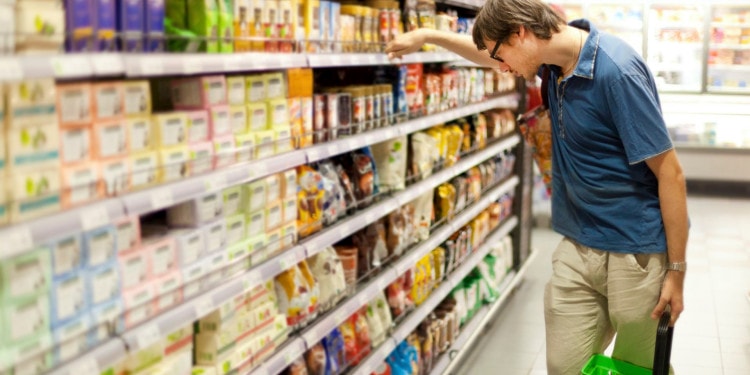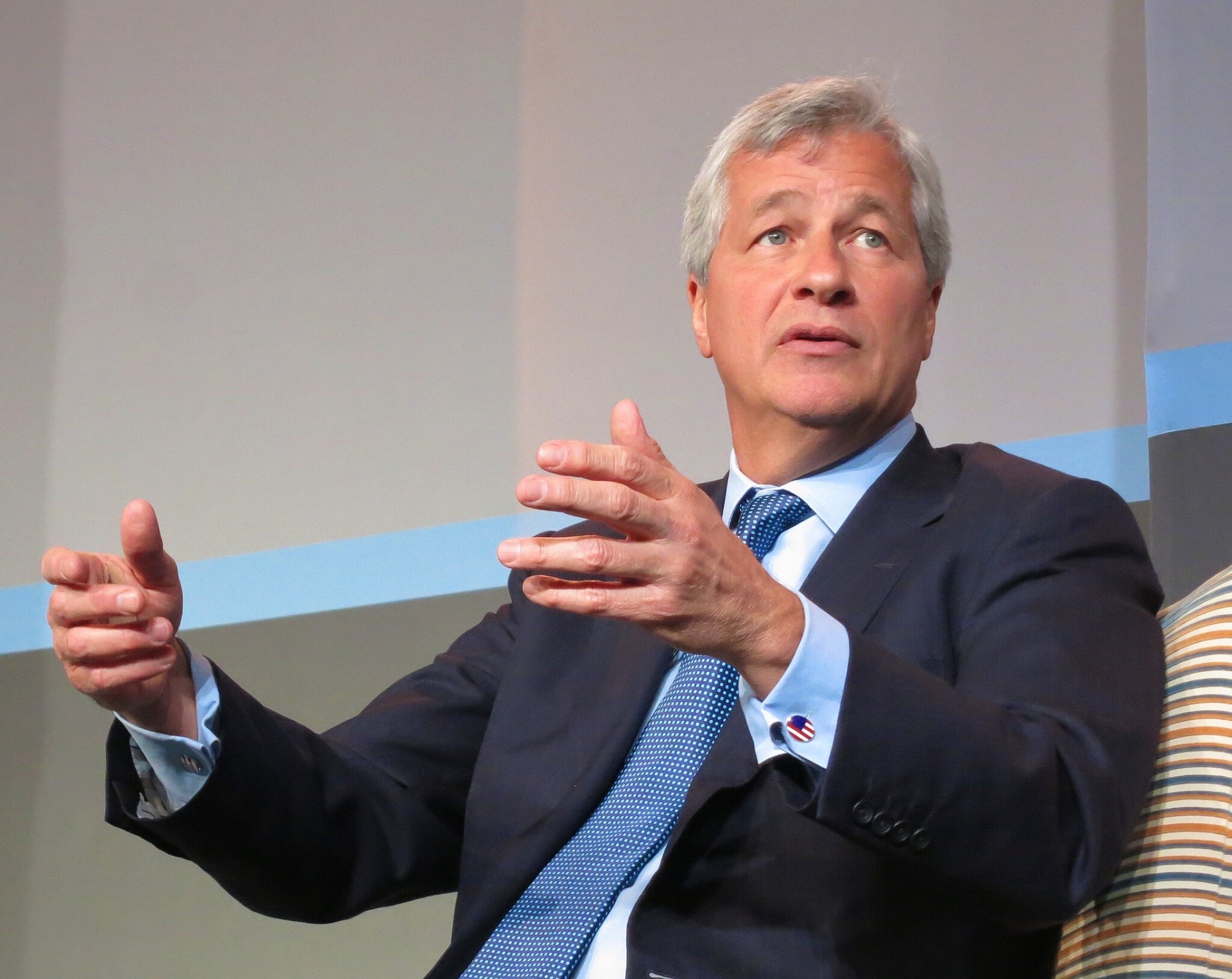“Follow the Frog” with the Rainforest Alliance: What Sustainability Standards Are and Why they’re Important
It’s no secret that nowadays there is a noticeable demand for eco-friendly, and sustainably-grown and manufactured goods. More and more, consumers, especially millennials, are questioning how companies are showing their sustainability and social responsibility commitments, what working conditions agricultural goods are grown in, and whether farmers have been paid a fair wage and are treated respectfully.
This market trend has led businesses to define sustainable-sourcing commitments, adopting voluntary sustainability standards (VSS), and ensuring a specific ratio of a product’s components are sustainable.
Voluntary Sustainability Standards (VSS)
Sustainability Standards are voluntary norms and standards, usually assessed and designed by independent third-parties, often NGOs. They demonstrate that the companies, retailers, and manufacturers adopting them follow their sustainability commitments to protect the environment and natural resources; contribute to better livelihoods for their workers and producers; and produce and grow products that meet sustainability and social responsibility requirements.
Different markets have various percentages of VSS-compliant agricultural goods available. For example, in 2016, the global market was made up of VSS-compliant agricultural products in different areas, such as coffee (which was made up of 34.5% VSS products), cocoa (29%), tea (19.4%), palm oil (17.4%), cotton (14,1%) bananas (7%), and sugarcane (3.2%).
 In the photo: Man shopping in supermarket checking contents of packet. Photo credit: The Rainforest Alliance.
In the photo: Man shopping in supermarket checking contents of packet. Photo credit: The Rainforest Alliance.
There are more than 400 sustainability standards all over the globe that help to address challenges from labor issues to deforestation. Organic is the most significant sustainability standard; in 2018, around 17.5 million agricultural land hectares were certified by organic sustainability standards. The next most significant sustainability standard is from the Rainforest Alliance, who certified 4.5 million hectares, followed by BCI (4.2 million hectares), GLOBALG.A.P (3.9 million hectares), UTZ (3.9 million hectares), and RSPO (3.7 million hectares). For five out of 12 major standards, the certified area had double-digit growth in 2017-2018. The highest growth rate was seen for the Rainforest Alliance, by 29.5%, followed by BCI (+17%), UTZ (+14.5%), RSPO (+13.3%) and Bonsucro (+10.2%).
Over the past decades, the increase in certifications and sustainability standards shows clearly how the demand has changed towards addressing environmental protection and social responsibility. However, despite these various voluntary sustainability standards and certified products, significant environmental and social challenges still remain.
The Rainforest Alliance
The Rainforest Alliance has more than 100 projects worldwide, collaborating with more than 5,000 companies in more than 70 countries (as of December 2019), benefiting farmers and forest communities. The Rainforest Alliance addresses four primary areas of sustainability: conserving forests, advancing human rights for rural people, improving the livelihood of farmers, and building climate resilience.
According to their 2019 Annual Report, more than 5 million hectares of global farmland and more than 2 million farmers are certified against the Rainforest Alliance or UTZ (merged with the Rainforest Alliance in 2018) sustainability standards, including more than 400,000 coffee farmers, 900,000 cocoa farmers, 900,000 tea farmers, and 2,000 banana farmers. The Rainforest Alliance also certifies bananas, fruits, palm and coconut oil, herbs and spices, and cut flowers. There are 44,000 products with the Rainforest Alliance Certified™ seal or UTZ label available on the market in more than 170 countries.
 In the photo: A tea plucker works at the Chamraj plantations in India’s Nilgiri Hills. Photo credit: Sara Hylton.
In the photo: A tea plucker works at the Chamraj plantations in India’s Nilgiri Hills. Photo credit: Sara Hylton.
The Rainforest Alliance Seal
To distinguish the VSS products on the market, producers label the products to help customers make a better choice. When customers see the Rainforest Alliance green frog seal on agricultural products, it means that the item or ingredient in the product has been grown on a farm certified to the Rainforest Alliance Sustainable Agriculture Standard or the UTZ Code of Conduct. While certified producers and companies are transitioning into the new 2020 Rainforest Alliance certification program, the UTZ label will be gradually phased out.
On the 26th of March 2020, the Rainforest Alliance announced a new certification seal, which was adopted on the packaging and other promotional materials from 1 September 2020. This seal is part of the new brand identity and long-term strategy, including collaboration with farmers, companies, partners, third-party auditors, NGOs, and consumers.
The symbol of the new sustainability seal is a modernized and more dynamic version of the little green frog. There is a special meaning behind the choice of the seal; frogs are a species whose presence indicates a healthy ecosystem. In addition, Ancient Greeks and Romans associated frogs with fertility and harmony.
The green frog seal indicates that farmers and companies are taking steps to make their products more sustainable, creating a better future for people and nature. The new Rainforest Alliance Seal represents a positive change, a vision of a sustainability journey based on continuous improvement, transparency, and shared responsibility. It is a symbol of collective action. This short video clip shows the evolution of the certification seal for the Rainforest Alliance.
Sustainability Standards on the Seal
- Agricultural products: coffee, tea, cocoa, and bananas are grown on farms certified to either the Rainforest Alliance Sustainable Agriculture Standard or the UTZ Code of Conduct.
- Forestry products (such as paper and packaging): the seal means that the product or package was produced from forests certified to the standard of the Forest Stewardship Council®
- Tourism businesses: hotels and tour operators may be eligible to use the little green frog certification seal when certified according to the NEPCon’s Sustainable Tourism Standard.
The seal usually means that 90-100% of the certified ingredient in the package was grown on a Rainforest Alliance-certified or UTZ-certified farm for coffee and tea products. For herbal infusions and palm oil soaps, the seal could mean approximately 30-40% of the ingredients are certified.
 In the photo: Maya Biosphere. Photo credit: Sergio Izquierdo.
In the photo: Maya Biosphere. Photo credit: Sergio Izquierdo.
Follow the Frog Campaign
Along with introducing a new certification seal, the Rainforest Alliance has launched a “Follow the Frog” campaign. This annual campaign is designed to bring brand awareness about sustainability by engaging consumers, employees, and stakeholders on sustainability commitments and impacts, particularly products with a green frog seal.
In September 2020, the “Follow the Frog” campaign broadcasted live events and interviews. Here are some of our top picks:
- Food, Culture, and Climate Resilience: A conversation with chef and food justice advocate Selassie Atadika. The Rainforest Alliance chat with Selssie Atadika, an internationally renowned chef, a 2019 Basque Culinary World Prize Finalist, and a 2018 Stone Barns Center fellow, about how food culture can influence farming and consumer behavior, the importance of crop diversity, and how Indigenous knowledge can transform global commodity supply chains.
- Climate Justice and Resilience: Farmers and Communities on the Front Lines, a Rainforest Alliance panel featuring. The Rainforest Alliance brings together indigenous, corporate, and NGO climate leaders. Among them are Hindou Oumarou Ibrahim (co-chair of the Indigenous People’s Forum on Climate Change), Ghanaian cocoa farmer Elijah Owusu-Cashiedom, and Rebecca Marmot of Unilever, for a solutions-focused discussion on what the most urgent climate priorities are for frontline communities.
- Regenerative Economics: A Local-to-Global Approach. Instagram Live with Céline Semaan of the Slow Factory Foundation and Maria Belen Portillo, Guatemala advocacy lead for the Rainforest Alliance. The Rainforest Alliance converse with their partner communities in Guatemala, who have created a beautiful and highly successful regenerative forest economy over more than two decades. Watch the lively discussion on what makes regenerative economies work with systems designer Céline Semaan, a founder and director of the Slow Factory open education platform and contributor to Vogue, Harper’s Bazaar, and Time magazine, and Belen Portillo, Rainforest Alliance’s Guatemala advocacy lead.
- People Power: Our collective impact as responsible consumers. Instagram LIVE with Bonnie Wright and Denu Lemma Tsegaye, the Rainforest Alliance’s Ethiopian director. An Instagram Live conversation with the director, actor, and climate activist, Bonnie Wright, and Ethiopia director, Denu Lemma Tsegaye, about how our choices as consumers directly impact farmers on the other side of the world.
Editor’s Note: The opinions expressed here by Impakter.com contributors are their own, not those of Impakter.com. Featured photo credit: The Rainforest Alliance.







